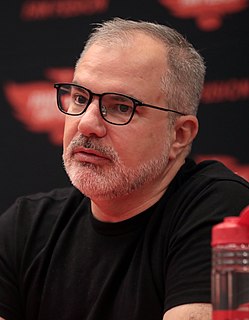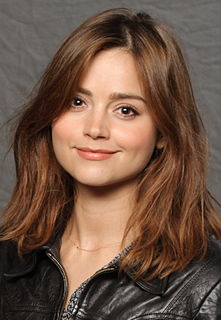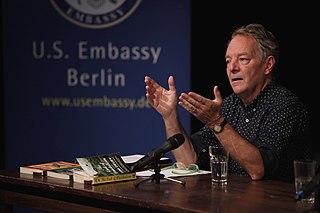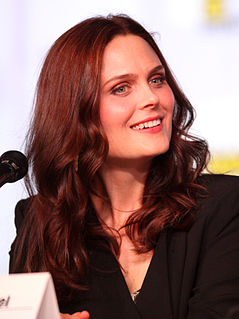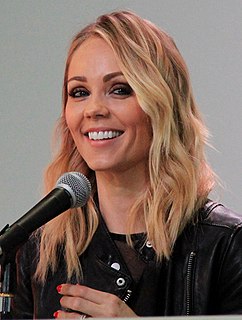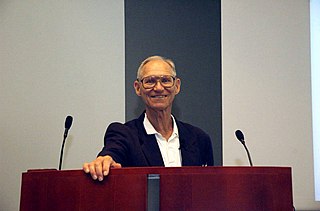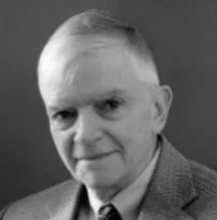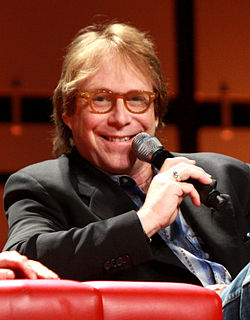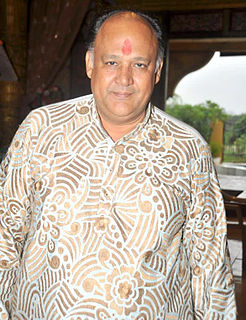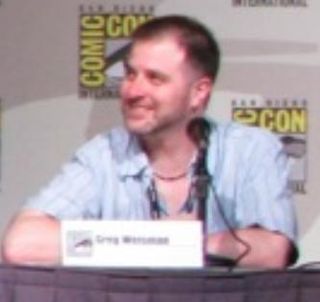A Quote by Peter V. Brett
There have been discussions of doing 'The Demon Cycle' on both large and small screen scale, and while there is no project currently in development, I think the series has both the big imagery and complex character development to have legs either as a TV series or film franchise.
Related Quotes
Ideally I'd like to be working steadily as an actor: movies, a TV series, that sort of thing. I've been through a few different TV development cycles, and they didn't work out. When the time and project are right, it'll come together. Like I tell a lot of guys, it's not a race; there's no finish line.
I don't think of my characters as bumbling. I think that trouble is what drives a novel, both big troubles and small troubles, and whatever people try to do in life, there are a series of stumbling-blocks in the way, and I think that makes for interesting reading. I think of them as doing their best with the roadblocks that they're given.
It's going to sound like the easy answer, but I love them both. I do! I really don't prefer one over the other. With movies, you really dive into a character for two to three months, but then it's gone. With a TV series, you have a constant location you're living in, and you're always working on the same character along with people who are like your own family. I'm lucky to have done both.
Material objects give rise to physical happiness, while spiritual development gives rise to mental happiness. Since we experience both physical and mental happiness, we need both material and spiritual development. This is why, for our own good and that of society we need to balance material progress with inner development.
I've been fascinated with gargoyles since I was a kid. I took a high school trip to Europe, the 8 countries in 5 weeks kind of trip. Even then I collected postcards of gargoyles. Then I sort of forgot about it. You flash-forward a few years and I'm at Disney, we're looking for an idea to base a show on. I was running series development at the time at Disney TV Animation. And we came up with the Gargoyles comedy series. Which didn't sell!
Evolving our culture to operate and think differently is no small task. We are challenging our employees to be the best of both small and big companies - they should operate with the soul and spirit of a startup, while leveraging the scale, resources and capabilities of Campbell - with the goal of ultimately becoming the biggest small company.
